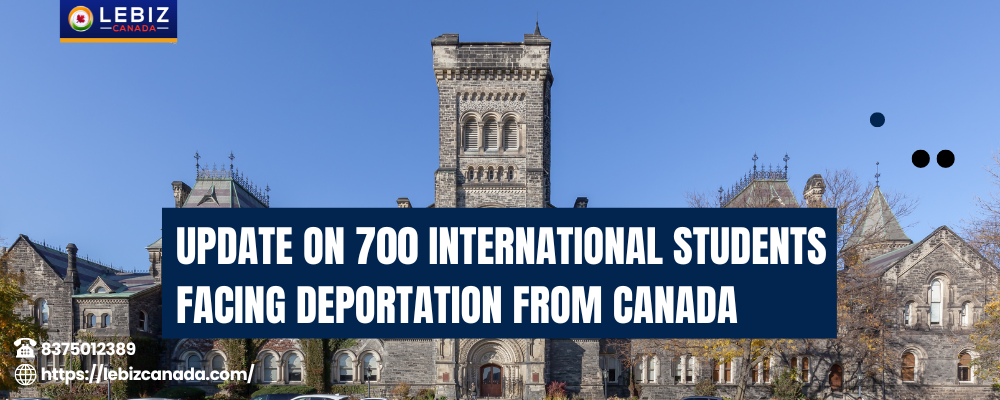Canada offers two distinct categories of residency: Temporary Residents (TR) and Permanent Residents (PR). While both types allow individuals to live in Canada, there are significant differences in terms of purpose, duration, rights, and obligations. This article aims to outline the key distinctions between Temporary Resident status and Permanent Resident status in Canada, shedding light on their unique characteristics and implications.
Purpose and Duration:
Temporary Resident: Temporary Resident status in Canada is granted to individuals who intend to stay for a limited period. This category includes temporary workers, international students, and visitors (tourists). The duration of stay is defined by the length of the visa or permit granted, and individuals are expected to leave Canada once their authorized period expires.
Permanent Resident: Permanent Resident status is aimed at individuals who wish to settle in Canada on a long-term or permanent basis. Permanent residents have the right to live and work anywhere in Canada indefinitely. The duration of Permanent Resident status is not limited, and individuals can maintain their status as long as they meet residency requirements.
Rights and Privileges:
Temporary Resident: Temporary Residents in Canada have limited rights and privileges. They are entitled to access emergency healthcare services, but generally, they must have private health insurance to cover non-emergency medical expenses. Temporary Residents are not eligible for social benefits or government-sponsored healthcare coverage. They may have restrictions on employment and may require work permits to work legally in Canada.
Permanent Resident: Permanent Residents in Canada enjoy extensive rights and privileges. They have access to publicly funded healthcare services under the Canadian universal healthcare system. Permanent Residents can work and study in Canada without the need for additional permits. They are also eligible for social benefits such as employment insurance, pension plans, and subsidized education. Permanent Residents have the right to apply for Canadian citizenship after meeting specific residency requirements.
Residency Requirements and Status Maintenance:
Temporary Resident: Temporary Residents in Canada must comply with the terms and conditions of their specific visa or permit. They are required to leave Canada once their authorized stay expires, unless they obtain an extension or apply for a different visa category. Temporary Residents are not obligated to meet specific residency requirements or contribute to the Canadian economy beyond their temporary stay.
Permanent Resident: Permanent Residents in Canada must meet specific residency requirements to maintain their status. They must physically reside in Canada for a certain number of days within a specified period to retain their Permanent Resident status. The residency obligation is typically met by spending at least 730 days (2 years) in Canada within a 5-year period. Failure to meet the residency requirements may result in the loss of Permanent Resident status.
Immigration Status and Citizenship:
Temporary Resident: Temporary Resident status does not lead to Canadian citizenship. Once the authorized stay expires, Temporary Residents must leave Canada unless they obtain a new visa or permit. Temporary Residents are considered non-immigrants, as their primary intention is temporary stay rather than long-term settlement.
Permanent Resident: Permanent Resident status in Canada is a significant step towards Canadian citizenship. Permanent Residents have the opportunity to apply for Canadian citizenship through naturalization after meeting specific residency requirements, language proficiency, and passing citizenship tests. Canadian citizenship offers additional rights and privileges, including the ability to vote, hold a Canadian passport, and enjoy full participation in Canadian civic life.
Conclusion:
Temporary Resident and Permanent Resident statuses in Canada offer different rights, privileges, and pathways for individuals to live and work in the country. Temporary Residents have limited rights and a temporary stay, while Permanent Residents enjoy more comprehensive rights and the potential to become Canadian citizens. Understanding the key differences between Temporary Resident and Permanent Resident status in Canada is essential for individuals considering residency in the country, as it helps them navigate the appropriate immigration pathways and make informed decisions about their long-term settlement goals.









